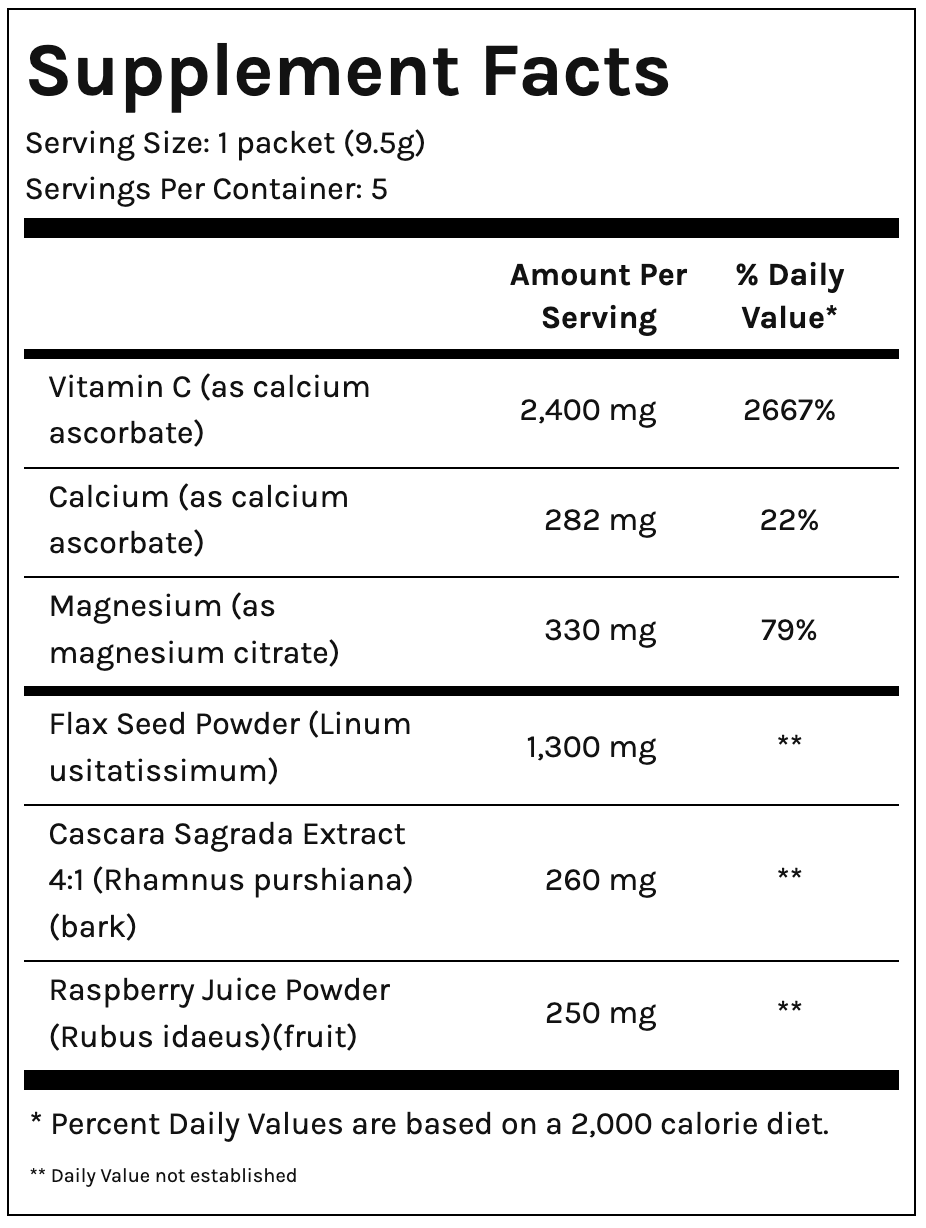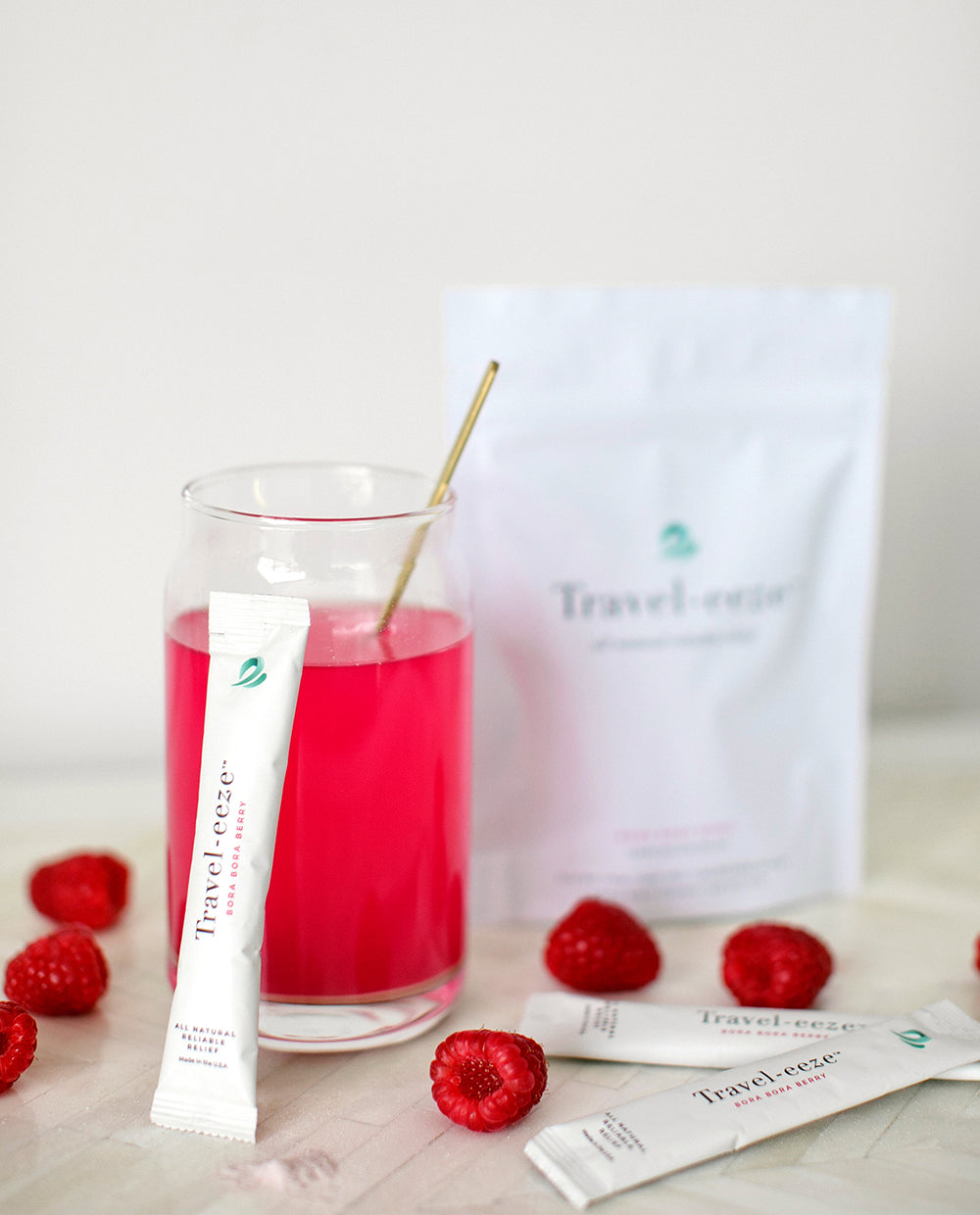Constipation can be an inconvenient and uncomfortable problem for anyone, but it can be especially challenging when you’re traveling. Changes in diet, schedule, and environment can really throw your digestive system off balance. In this ultimate guide, we’ll explore the causes of travel constipation and provide tips to keep your digestion regular on the road so you can fully enjoy your vacations and adventures abroad.
Understanding Travel Constipation
Constipation is defined as having fewer than three bowel movements per week or difficulty passing stools. It’s characterized by hard, dry stools that can be painful or require straining to pass.
Traveling often disrupts normal bathroom routines. Sitting for long periods of time combined with dehydration, jet lag, and poor food choices can slow digestion. Travel stress and ignoring the urge to go can also contribute. Maintaining regularity requires some preparation and diligence when away from home.
Pre-Trip Preparations
Avoiding constipation starts before you hit the road or skies. Use these strategies while at home to set yourself up for smooth digestion while traveling.
Hydration
Drinking adequate water is key to keeping stool soft and bowel movements regular. In the days before a trip, be mindful to consume enough fluids. Limit consumption of alcohol and caffeinated beverages, which can be dehydrating.
Bring a refillable water bottle so you can hydrate on the go. Adding lemon slices or carrying electrolyte tablets can make water more appealing. Set a goal to finish a bottle hourly while traveling.
Natural Laxative Alternative
If constipation persists despite lifestyle measures, there are some natural alternatives to harsh chemical laxatives worth considering. Products like Travel-eeze contain gentle herbal ingredients like senna, ginger, and peppermint that can provide relief when used occasionally.
Travel-eeze comes in easy-to-take capsules that can be used on the road. It contains no harsh stimulants and aims to produce a soft, comfortable bowel movement within 6-12 hours. For mild relief, natural options like Travel-eeze may be a preferable temporary solution to constipation issues while traveling.
Get your Travel-eeze packets here for your trip!
Diet Planning
Eat balanced, fiber-rich meals leading up to your trip. Focus on whole grains, fruits, vegetables, beans, lentils, and nuts. Prunes and kiwis are natural laxatives.
Prepare your own snacks rather than buying processed foods. Trail mixes with dried fruit, nuts, and seeds are easily portable. Bran muffins, granola bars, and fresh and dried fruits are also great fiber-filled options.
Physical Activity
Staying active helps stimulate digestion and prevent constipation. Take brisk walks after meals or do core exercises like planks before your trip. On travel days, walk around terminals rather than sitting for long stretches. Light movement keeps things moving through your system.
On-the-Road Strategies
Use the following strategies while en route to destinations to maintain regularity when traveling.
Smart Meal Choices
Airport and rest stop food is notoriously unhealthy. Seek out healthier restaurants, salad bars, and supermarkets for fiber-filled fruits, veggies, grains and legumes when possible. Portion control is also key to prevent GI issues.
Drink water with meals and limit sugary beverages and alcoholic drinks, which cause dehydration. Avoid fatty, greasy fare that’s harder to digest.
Stay Hydrated
Dehydration worsens constipation, so always drink plenty of fluids while traveling. Carry a water bottle and take regular sips. Many airports now have water bottle refill stations past security.
Avoid or limit diuretic caffeine and alcohol while in transit or in destinations. Set a hydration schedule if needed. Drink herbal teas to encourage hydration without over-caffeinating.
Smart Snacking
Pack fiber-rich snacks like fresh and dried fruits, trail mixes, roasted chickpeas, nuts, and whole grain crackers or granola bars. They provide energy and nutrients without weighing you down.
Avoid potato chips, processed snacks, sugary treats, and desserts. They offer little nutrition and can bring on indigestion and constipation.
Managing Digestion on the Road
Use the following strategies at destinations to keep your digestion on track:
Take Bathroom Breaks
Never ignore the urge to have a bowel movement! Use restrooms whenever possible to stay regular. Schedule sightseeing around bathroom availability if needed. Museums, malls, and cafes offer easily accessible restrooms.
When nature calls, answer it promptly. Delaying bowel movements can exacerbate constipation. Be cognizant of your body’s signals.
Relax and Unwind
Travel stress can manifest in your digestive system. Make time for relaxation with deep breathing, meditation, yoga, or soothing music. Stress-induced hormone changes can slow digestion, so find ways to calm your mind and body.
Light exercise like walking is also a great stress reliever. Explore new places on foot if possible while getting your steps in.
Adjust to Time Changes
Jet lag from time zone changes can disrupt your normal elimination schedule. Allow time for your body clock to adjust to a new time zone before expecting regularity.
Gradually shift when you eat and have bowel movements. To get back on track, take note of when you have the urge to go and allow yourself time first thing in the morning.
Post-Travel Recovery
Give your body time to recover digestive health after travel using these tips:
Ease Back Into Routine
After an indulgent vacation, slowly transition back to healthier eating. Avoid sudden large portions of fiber or heavy foods. Gradually reintroduce high-fiber foods to give your system time to readjust.
Be kind to yourself while getting back on schedule. Travel takes a toll on the body, so allow ample rest and recovery.
Rehydrate and Detox
Increase water intake after travel to rehydrate. Enjoy hydrating herbal teas, broth-based soups, fruits and veggies. Consider a juice cleanse to flush out toxins.
Support your body’s natural detoxification with rest, fluids, vitamins and gentle physical activity. Be patient giving your body time to find its balance again.
The Takeaway
With some preparation and diligence, you can avoid travel constipation weighing you down. Focus on hydration, diet, exercise, bathroom breaks and relaxation both before and during trips. Implement these digestive health tips so you can fully enjoy every new destination and journey without discomfort.
Meet Liz Hall, former flight attendant and founder of eeze Natural Health, who knows firsthand the struggles of maintaining gut health while traveling. Drawing from her own experiences, she created Travel-eeze, a natural supplement expertly formulated to relieve traveler’s constipation and support healthy digestion on the go. Whether your jet-setting around the world or embarking on a weekend road trip, Travel-eeze is your must-have travel companion. Stay comfortable and energized throughout your journey! Keep an eye out for Travel-eeze in your favorite travel kits and hotel minibars soon—don’t let travel hold you back!





